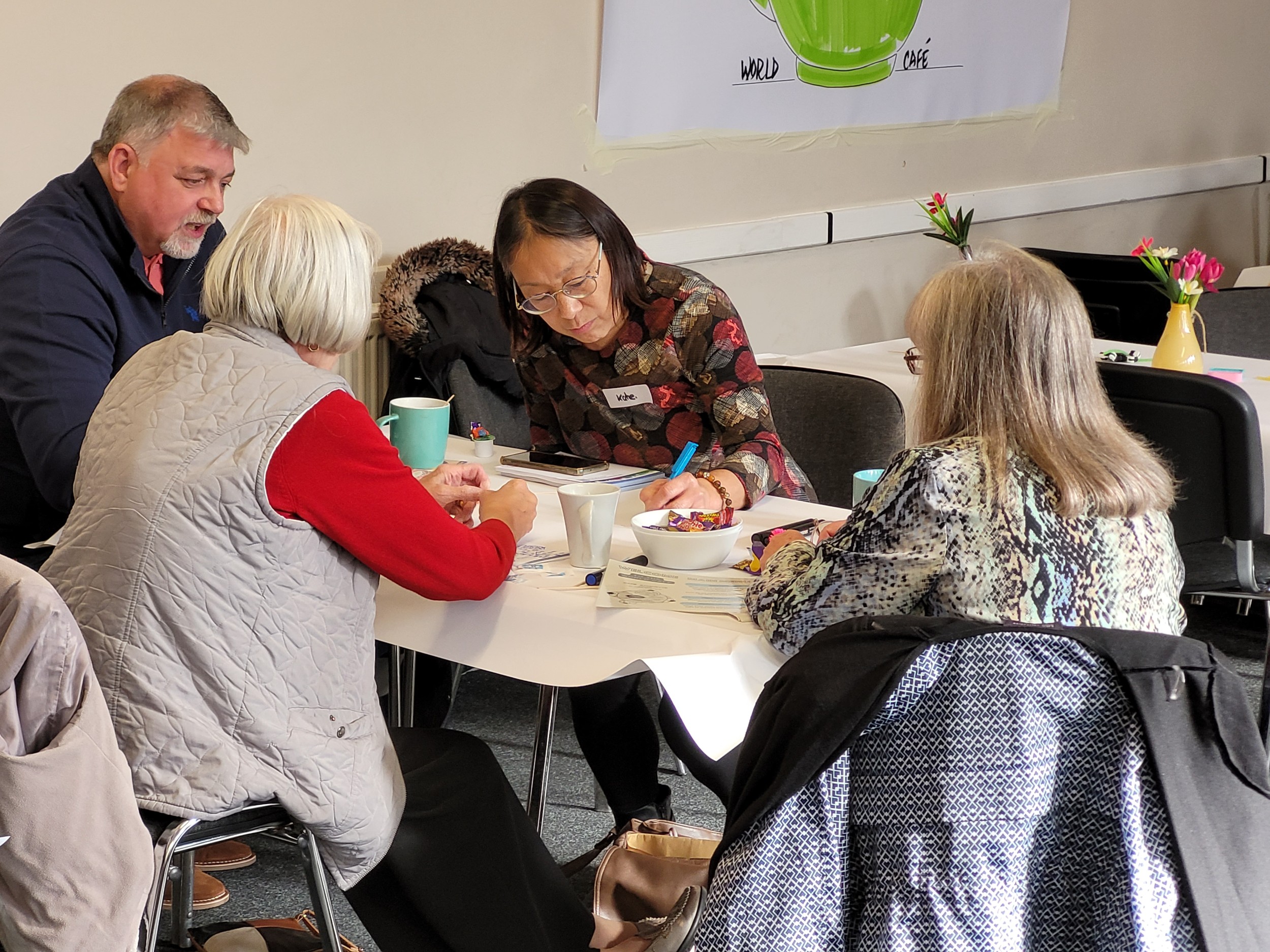Chief People Officer for NHS Black Country, Shajeda Ahmed, has signed the Menopause Workplace Pledge on behalf of the Black Country Integrated Care System (ICS).
Our Menopause Workplace Pledge, which is led by the charity Wellbeing of Women, aims to promote support and understanding by ICS employers for colleagues who may be going through the menopause.
The menopause usually occurs between the ages of 45 and 55 but can also occur in younger women, as a result of lower hormone oestrogen, progesterone and testosterone levels. The perimenopause is the time before the menopause when hormone levels start to decline and symptoms start.
Perimenopausal and menopausal symptoms can last many years and even decades for some women. These symptoms can include hot flushes, anxiety, insomnia, problems with concentration and memory, fatigue, headaches, muscle and joint pains, urinary symptoms and low mood.
For many women these are debilitating symptoms that adversely affect their daily life, work, relationships and also their future health, as menopausal women have a greater risk of heart disease, osteoporosis, diabetes, clinical depression and dementia.
By signing the menopause pledge, health and care organisations in the Black Country ICS have recognised that the menopause can significantly impact colleagues both personally and professionally. We have committed to talk openly, positively, and respectfully about the menopause within our organisations thereby creating an increased understanding for colleagues.
Shajeda Ahmed said: “I am proud to sign the Menopause Workplace Pledge on behalf of the Black Country ICS. Menopause has been a subject shrouded in taboo for far too long, and as large employers, it is essential we understand and offer support to enable our colleagues to continue to live and work healthily in a supportive environment.
“We have heard through national research that many women are left struggling with menopausal symptoms on their own, which can have a significant impact on their wellbeing in the workplace. Across the system, 76% of our workforce are women and so, as health and care leaders, we need to role model a culture where colleagues feel heard and supported through the menopause.
“To do this, we are committed to ensuring that colleagues of all ages and genders are well informed about the perimenopause and menopause and how it could affect their teams and be able to signpost to both internal and external support and resources.
“By signing the pledge, we promise as a system to take impactful action to make sure all colleagues going through the menopause are supported, and ultimately make the Black Country a much more open and inclusive place to work.”


